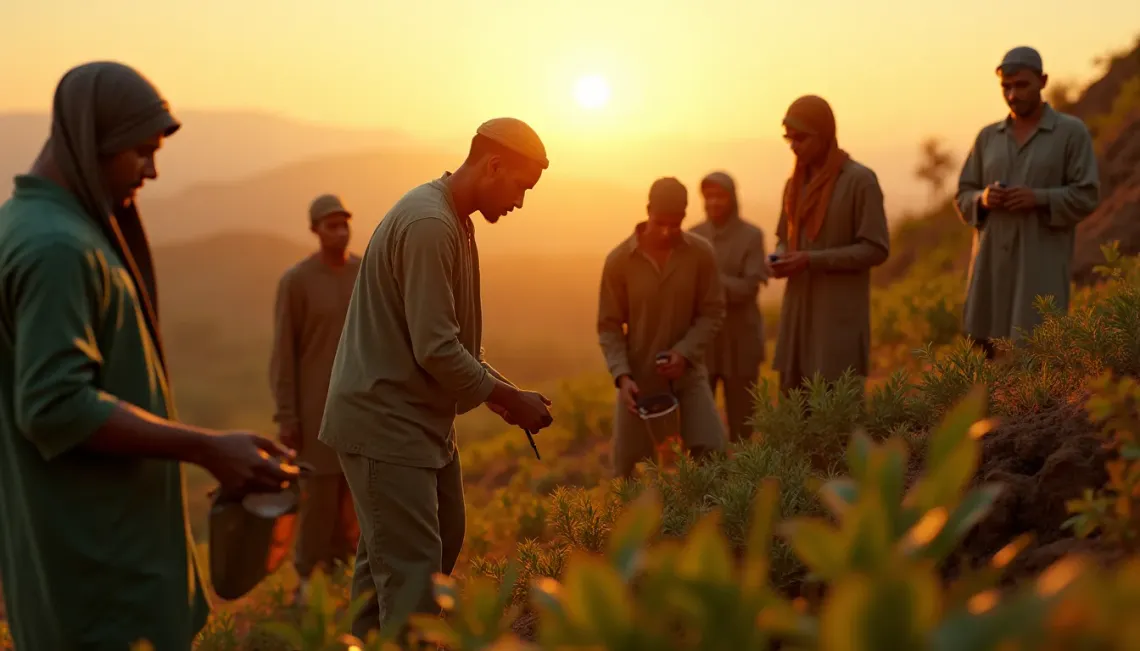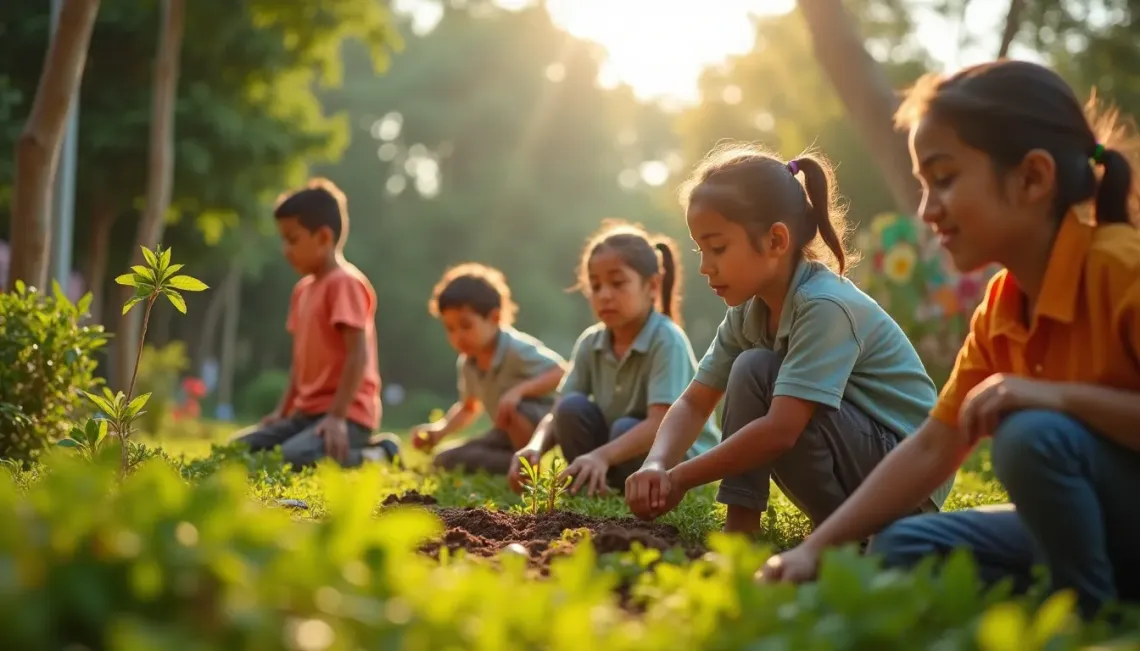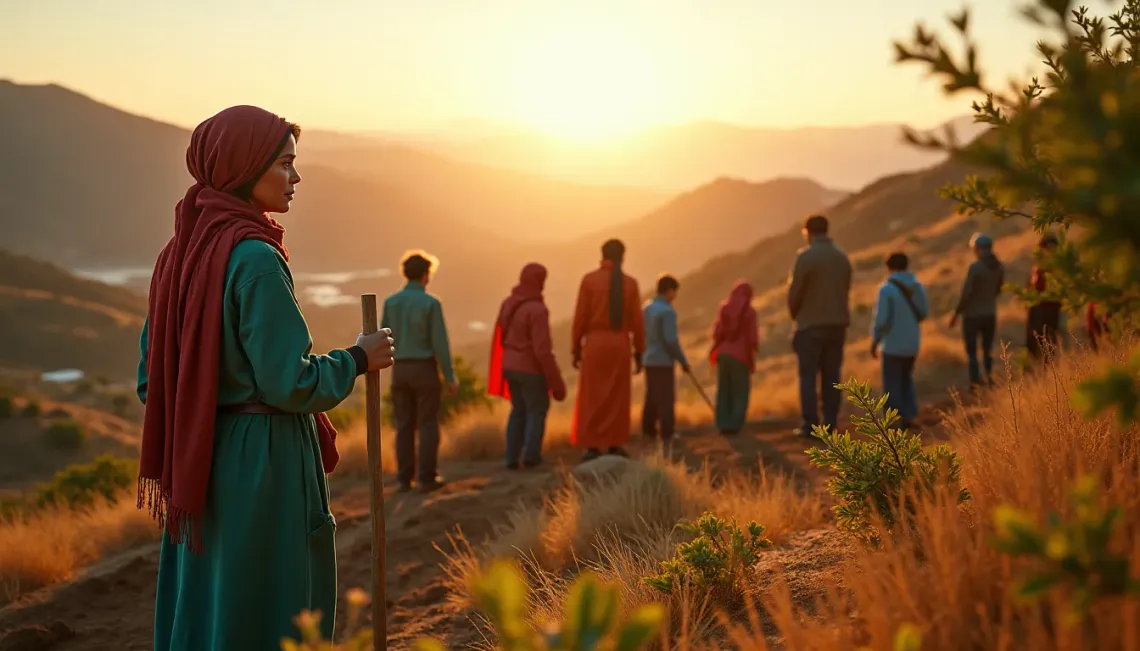Located at the northwestern tip of Africa, Morocco is experiencing a significant transformation known as the Green Revolution. This impactful change is largely fueled by charitable efforts that are actively reshaping the nation's landscape. As these initiatives gain traction, they not only bring about positive environmental impact but also address pressing issues like climate change and resource management.
Understanding Morocco's Green Revolution
The Green Revolution in Morocco is a strategic approach to sustainable agriculture and environmental conservation. It focuses on enhancing agricultural productivity while minimizing environmental degradation. Various charitable organizations and environmental groups play a pivotal role in driving this revolution, introducing innovative practices that ultimately result in landscape change.
Key Contributions of Charitable Efforts
Charitable efforts in Morocco focus on several key areas:
- Reforestation Projects: Charities sponsor tree planting initiatives, which help combat deforestation and desertification. These efforts are crucial for restoring the natural landscape and improving the ecological balance.
- Sustainable Farming Techniques: Non-profit organizations provide training on sustainable agriculture methods, such as crop rotation and organic farming. These techniques enable local farmers to increase yield while preserving soil health.
- Water Conservation Initiatives: Access to water is a vital aspect of Morocco's landscape change. Charitable projects focus on building rainwater harvesting systems and promoting efficient irrigation techniques.
The Environmental Impact of Morocco's Efforts
Morocco's Green Revolution, bolstered by charitable efforts, yields substantial environmental benefits:
- Improved Biodiversity: By revitalizing ecosystems through reforestation, Morocco sees a resurgence in local flora and fauna.
- Reduced Carbon Footprint: As more trees are planted, carbon sequestration increases, contributing to reduced greenhouse gases and combating global warming.
- Enhanced Soil Quality: Implementing sustainable farming not only boosts productivity but also improves soil quality, enhancing overall agricultural sustainability.
Challenges and Opportunities for Continued Success
Despite significant progress, challenges such as climate change remain. Morocco's arid climate poses risks to the sustainability of these efforts. However, the collaborative nature of charitable organizations, the government, and local communities fosters resilience and adaptation, paving the way for continued success.
Opportunities for growth and improvement abound. Encouraging education and awareness about environmental conservation, along with expanding internal links to related topics such as sustainable agriculture practices in Africa and climate change mitigation strategies, are crucial steps forward.
A Bright Future for Morocco's Landscape
In conclusion, Morocco's Green Revolution, propelled by substantial charitable efforts, represents a fundamental shift in landscape change and environmental impact. As these initiatives continue to grow, their influence extends beyond the nation's borders, setting an example for sustainable development worldwide. Through persistent collaboration and innovation, Morocco is on a promising path to a greener, healthier future.




